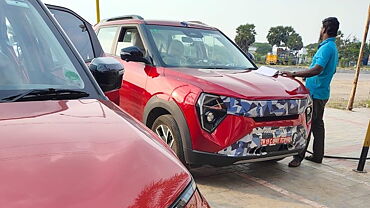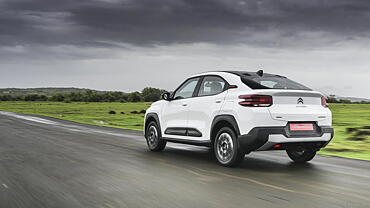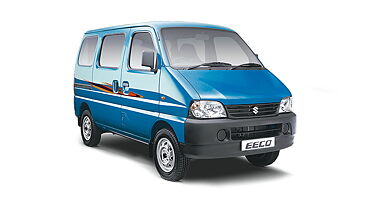
 The Economic Times reported in the first week of April that the German luxury car manufacturer BMW sold a record 351,787 vehicles in the first quarter of 2008, it said on Monday, pointing to a boom in demand in India. BMW reported overall sales of 351,787 units, an increase of 5.7 percent from the first quarter of 2007, a statement said. Domestic rival Mercedes-Benz said it sold 320,000 vehicles in the same period.
The Economic Times reported in the first week of April that the German luxury car manufacturer BMW sold a record 351,787 vehicles in the first quarter of 2008, it said on Monday, pointing to a boom in demand in India. BMW reported overall sales of 351,787 units, an increase of 5.7 percent from the first quarter of 2007, a statement said. Domestic rival Mercedes-Benz said it sold 320,000 vehicles in the same period.
The biggest increase in BMW's sales was in India, where there was a leap of 800 per cent to 862 cars. Strong increases were also reported in Russia, China and South Korea, all of which showed increases of almost 40 percent. However, sales fell by 9.2 percent in the United States, which nonetheless remained the biggest single market with more than 68,500 cars bought in the three-month period.
An oft-repeated marketing lesson is evident in this BMW - Merc war: counterattack the leader by focusing on its weakness - create a variation. BMW did something different from Mercedes to position itself. Mercedes made big, comfortable, prestigious vehicles. A consumer purchases a Mercedes-Benz because it is a status symbol and a matter of pride. BMW counterattacked by creating smaller and more nimble machines, and expressed it with the 'ultimate driving machine' tagline. To put it simply, BMW found the weakness in Merc's positioning and by doing just the opposite, surpassed it.
More on BMW:
More on Mercedes Benz:

































